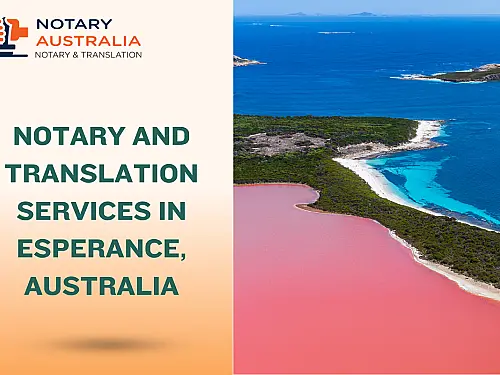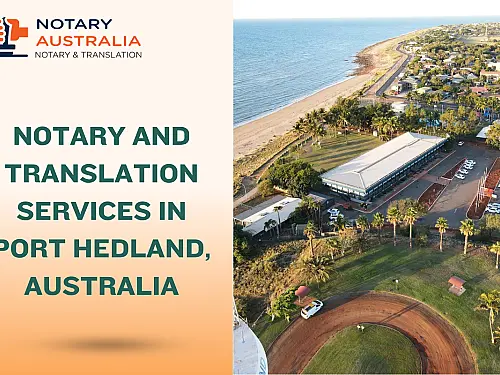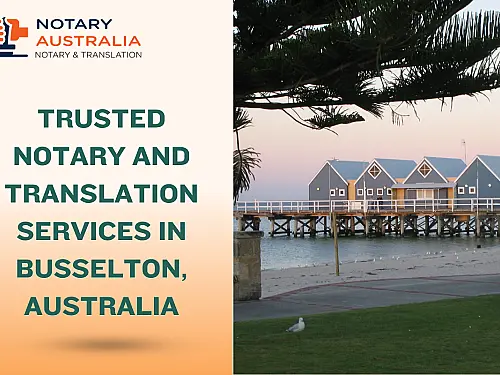



How to Get a Certified True Copy Notarised in Australia Easily
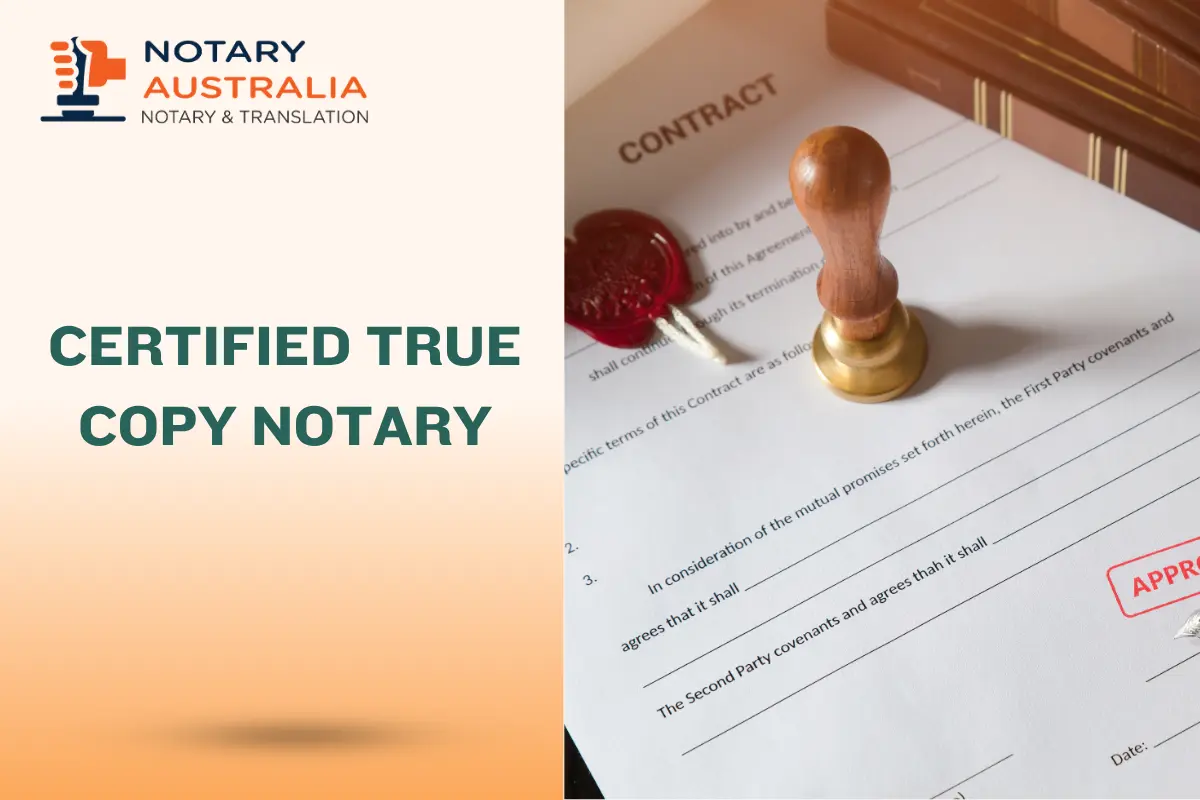
Table of Contents
Need to submit documents to a government office, university, or overseas agency? If so, chances are you’ve come across the term certified true copy. In Australia, only certain professionals—most notably, a notary public—are legally authorised to certify these copies for both domestic and international use.
In this guide, we’ll walk you through everything you need to know about certified true copy notary services in Australia, including when you need them, who can issue them, how to get them fast, and your best options for online and mobile notarisation.
What Is a Certified True Copy in Australia?
A certified true copy is a photocopy of an original document that has been confirmed as a genuine replica by an authorised person—typically a notary public. It verifies that the copy matches the original and hasn’t been altered or tampered with.
Why Are Certified Copies Important?
- Required for visa and immigration documents
- Needed for university applications
- Used in court and legal filings
- Essential for real estate, financial, and medical records
Only a notary public can issue certified copies that are accepted internationally.
When Do You Need a Certified True Copy Notarised?
Common Use Cases for Certified Copies
Legal and Court Documents
Courts may request certified copies of contracts, affidavits, or identification documents.
Visa and Immigration Applications
Immigration departments often require certified copies of:
- Birth certificates
- Academic transcripts
- Passports
Overseas and Embassy Submissions
Embassies often request notarised certified copies of:
- Power of attorney
- Statutory declarations
- Corporate records
Real Estate and Business Transactions
Titles, leases, and legal agreements often need to be certified for financial or government use.
Medical and Personal Needs
Certified medical records, consent forms, or health documents may be required internationally.
Who Can Certify a True Copy in Australia?
While several professionals can certify documents, for international acceptance, a notary public is preferred and often required.
| Authorised Person | Accepted Locally | Accepted Internationally |
|---|---|---|
| Notary Public | Yes | Yes |
| Justice of the Peace (JP) | Yes | Not always |
| Solicitor | Yes | Limited cases |
| Police Officer | Yes | Not recognised abroad |
Tip: Always use a notary when your document is goingoverseas.
How to Get a Certified True Copy Notarised in Australia
Step-by-Step Guide
- Have the Original Document Ready
- Your original must be presented to the notary public.
- Select the Service Type
- Choose from in-office, mobile, or online notarisation.
- Bring Government-Issued ID
- Proof of identity is required to complete the process.
- Notary Reviews and Certifies the Copy
- The notary stamps, signs, and seals the certified copy.
- Receive Your Certified True Copy
- It's ready for use in legal, academic, or international submissions.
Mobile, Online, and Same-Day Notary Services
Mobile Notary Certified Copies
Ideal for individuals who:
- Are unable to travel
- Live in remote areas or aged care facilities
- Need urgent notarisation on location
Popular search terms:mobile notary certified true copy, same day notary, notary visit for certified copy
Online Notary Certified Copies
With digital tools, notaries can certify copies via:
- Video verification
- Secure document uploads
- Digital certification (if accepted by the end user)
Popular search terms:online certified true copy notary, e-notary Australia, digital notary certified copy
What Types of Documents Can Be Certified?
| Document Type | Common Use Case |
|---|---|
| Passport | Visa applications |
| Academic Transcripts | University applications and scholarships |
| Real Estate Titles | Property sales or purchases |
| Contracts & Agreements | Court filings or business dealings |
| Medical Records | Travel or insurance claims |
| Bank Statements | Visa or loan applications |
| Birth/Marriage Certificates | Immigration and legal matters |
Apostille and Legalisation Requirements
If you’re submitting documents outside Australia, further certification may be required.
Apostille Certification (Hague Convention Countries)
Issued by the Department of Foreign Affairs and Trade (DFAT), confirming the notary’s authority.
Embassy Legalisation (Non-Hague Countries)
The notarised document must be legalised at the embassy or consulate of the destination country.
Only documents notarised by a notary public are eligible for apostille or embassy legalisation.
Frequently Asked Questions
What’s the difference between a certified copy and a notarised copy?
A certified copy confirms the copy matches the original. A notarised copy includes official notarisation, making it legally valid internationally.
Can I get a certified true copy the same day?
Yes. Many notaries offer same-day or express notarisation, both in-person and online.
What does a certified true copy cost?
- In-office: $80–$150 per document
- Mobile Notary: $150–$300
- Online Notary: $90–$180
How do I find a certified true copy notary near me?
Try searching for:
certified copy notary near menotary for passport copy in Sydneynotary for certified copies Melbourne
Final Thoughts
Whether you’re applying for a visa, submitting academic records, managing real estate, or handling legal matters, getting a certified true copy notarised is an essential step. A notary public ensures your document is recognised both in Australia and internationally—saving you time, cost, and hassle.

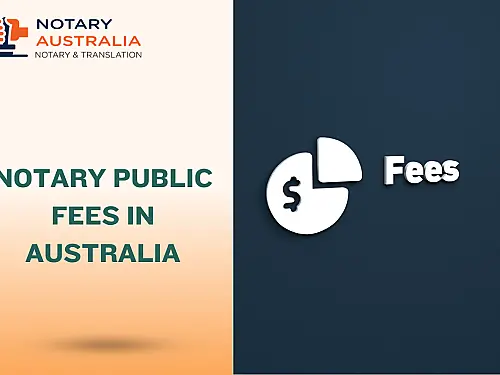
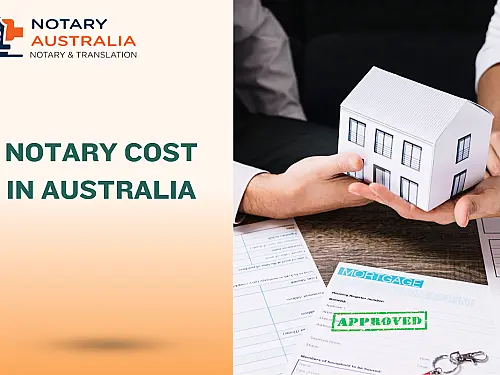
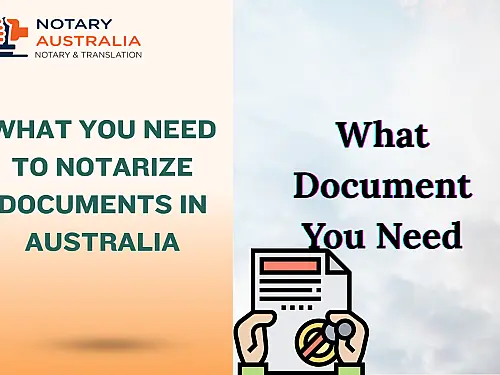
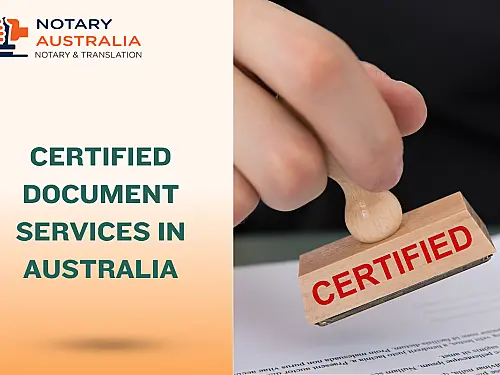
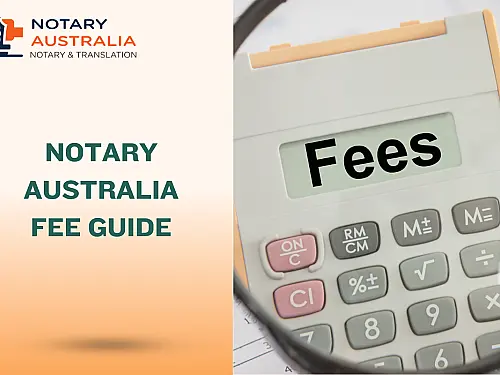
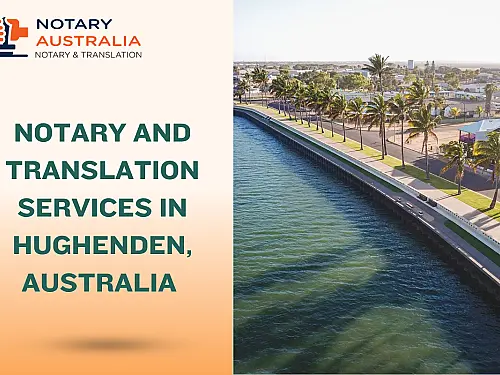
-thumb.webp)
